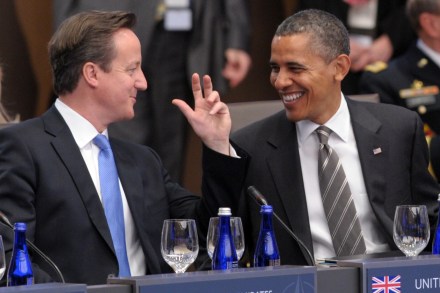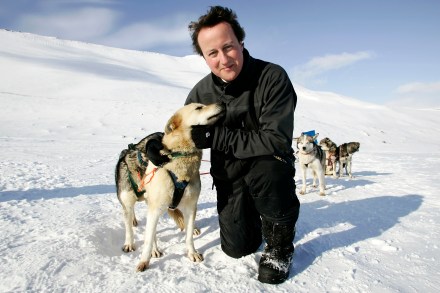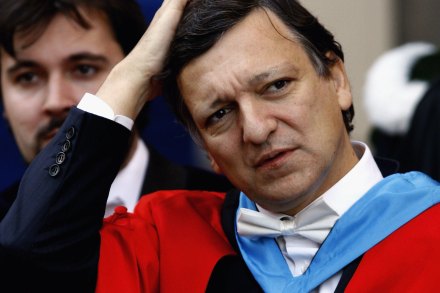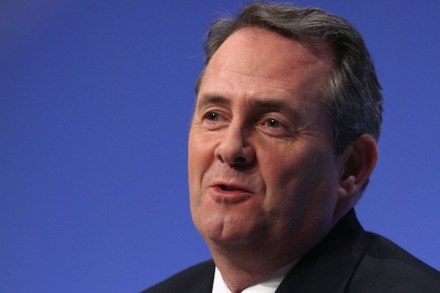EU Shocker: The United States agrees with the British Government! – Spectator Blogs
Good grief. Are we supposed to be surprised that senior officials at the US State Department take the view that Britain should, all things considered, remain a member of the European Union? Of course not. Are, however, we supposed to be shocked by Foggy Bottom’s impertinence in saying so? Apparently so. Of course, if the Obama administration were to say that it’s in America’s interests for Britain to leave the EU then I hazard many of those pretending – for surely it must only be a pretence? – to be outraged by this damned interference in our own affairs would instead welcome the Americans’ intervention in the debate and use




















